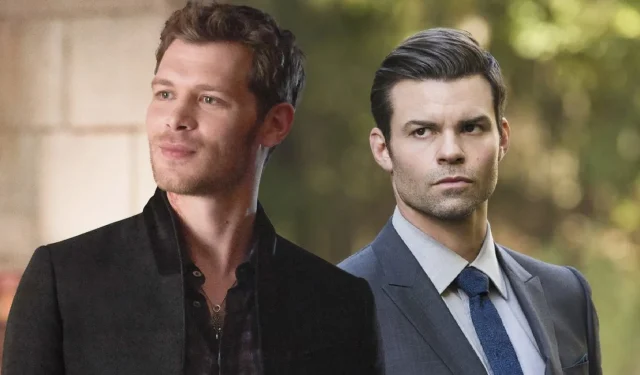
Even though The Originals concluded some years ago, fans continue to ponder the motivations behind the deaths of brothers Klaus and Elijah Mikaelson. This pivotal moment not only marked the culmination of Klaus’ redemption journey but also left many questions unanswered regarding the reasons for their deaths. Klaus (played by Joseph Morgan) and Elijah (portrayed by Daniel Gillies) were crucial to the franchise, and their demise paved the way for Legacies, ensuring that these key Mikaelson siblings would no longer be part of the narrative, further complicating the circumstances for their daughter, Hope.
The narrative of The Originals delved deeply into the complex history and familial dysfunction between Klaus and Elijah. They are depicted as siblings whose monstrous personas were shaped by the relentless attempts of their parents to eliminate them. Klaus, often portrayed as the most merciless and ambitious member of the Mikaelson family, found a path to reclaim his humanity, largely due to his tribrid child conceived with Hayley Marshall (played by Phoebe Tonkin). In season 5, he made the ultimate sacrifice by taking the Hollow upon himself, sealing his fate to protect his daughter.
Klaus Died to Protect His Family and Redeem Himself
Klaus’ Death Concluded His Redemption Arc
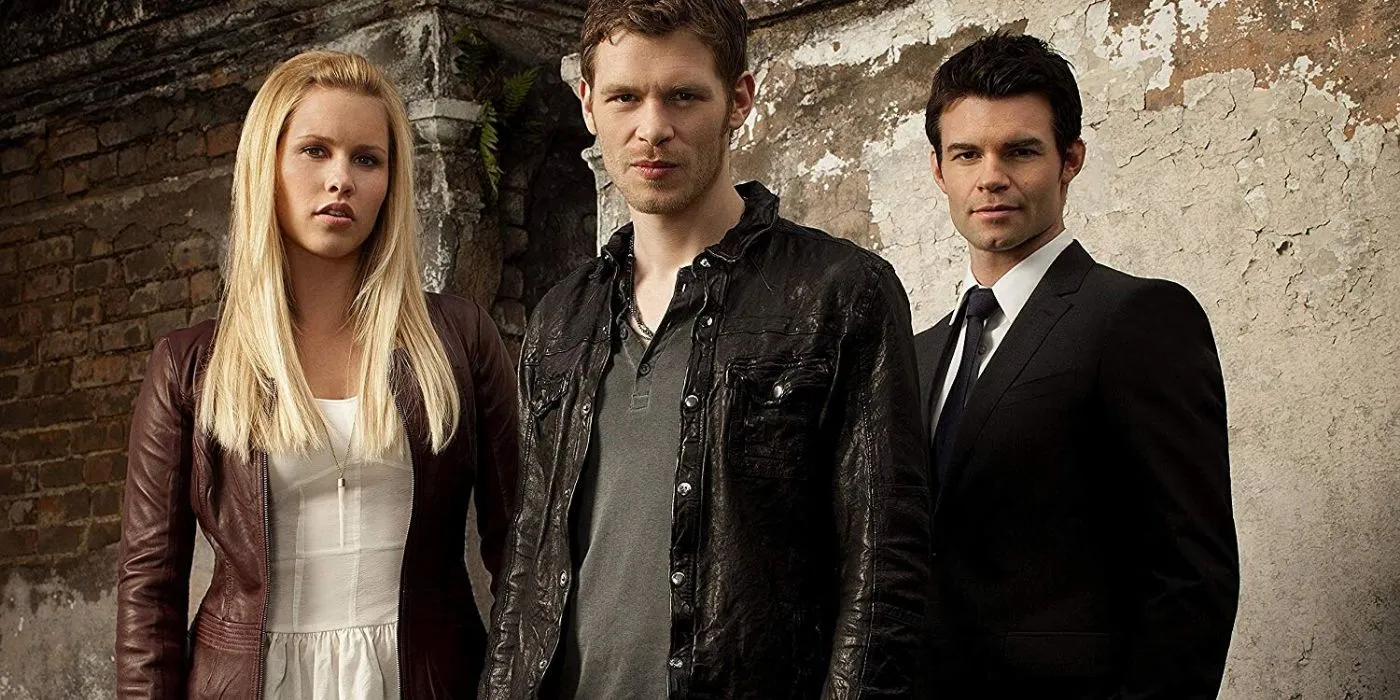
By choosing to absorb the Hollow, Klaus recognized he had to end his own life to prevent the darkness within from unleashing devastation, particularly to those he cherished the most. This reflected a significant evolution from the character introduced in The Vampire Diaries, where self-preservation overshadowed familial affection, ultimately enriching the Klaus-Elijah dynamic.
In a moment prior to his death, Klaus even offered his sister Rebekah the Cure, demonstrating how far he had come. Throughout all five seasons of The Originals, the central theme revolved around Klaus’ quest for redemption. He sought a safe haven for his family, endured immense suffering for the sake of his siblings, and made heart-wrenching sacrifices to protect Hope. In the climactic finale titled “When the Saints Go Marching In,”as Klaus prepared to use the final White Oak stake on himself, he shared a poignant reunion with Elijah.
Elijah Died with Klaus to Keep His Promise
Elijah’s Belief in His Purpose: Helping Klaus Find Redemption
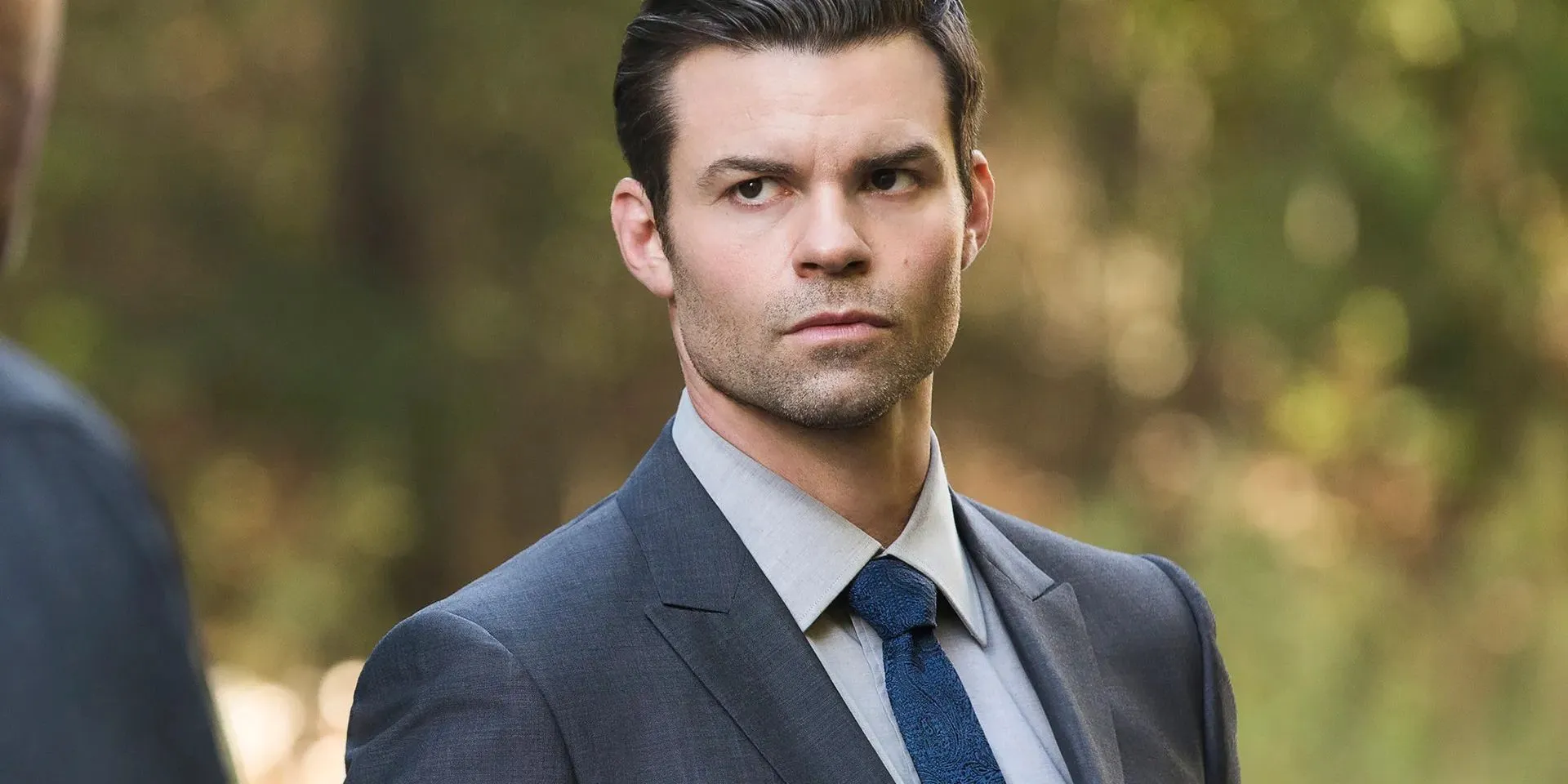
Elijah expressed to Klaus that his life’s true purpose had come to fruition, revealing that his unwavering desire was always for his brother’s redemption. This commitment to their vow of “always and forever”extended even beyond life itself. More than simply being a character on The Originals, Elijah spent years fighting for Klaus’ redemption, believing in him when others deemed him irredeemable.
However, while Klaus bore the weight of his past misdeeds, he was not alone in his burden. Despite being portrayed as the heroes in The Originals, the Mikaelsons each had their own transgressions. Even Elijah, often seen as the morally upright member of the family, had unresolved issues, particularly regarding Hayley’s death. In a 2018 interview, showrunner Julie Plec stated:
“I think that living on this plane, knowing the part he played in the death of one of his true loves, was a bruise that he would never be able to heal from, and being able to honorably stand by his brother’s side and protect him as they go into death together was his own sacrifice that he needed to make. I think that they got freedom and peace and an understanding of the power of love, which for them after a thousand years of dysfunction and abuse and a lot of damage and drama is a really necessary and important thing for them to understand.”
Though the decision to kill off Hope’s remaining parent may seem harsh to some, for Plec, it represented a fitting conclusion for both Klaus and Elijah. In Legacies, Hope wrestles with the impact of her father’s death but finds closure as the series progresses, particularly during the first season and the series finale.
Klaus & Elijah: The Deepest and Most Complex Connection in The Vampire Diaries
A Relationship That Sustained the Franchise
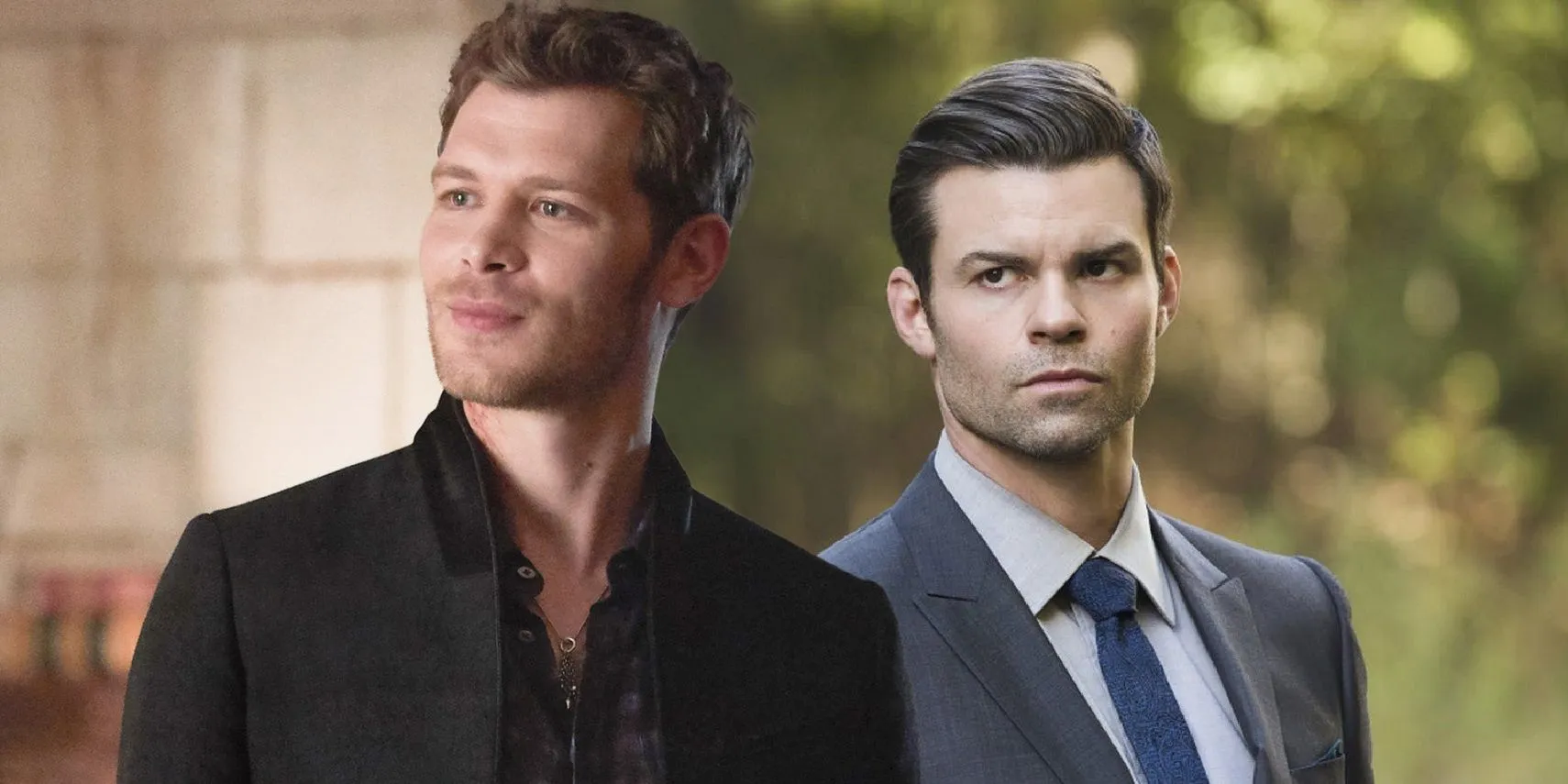

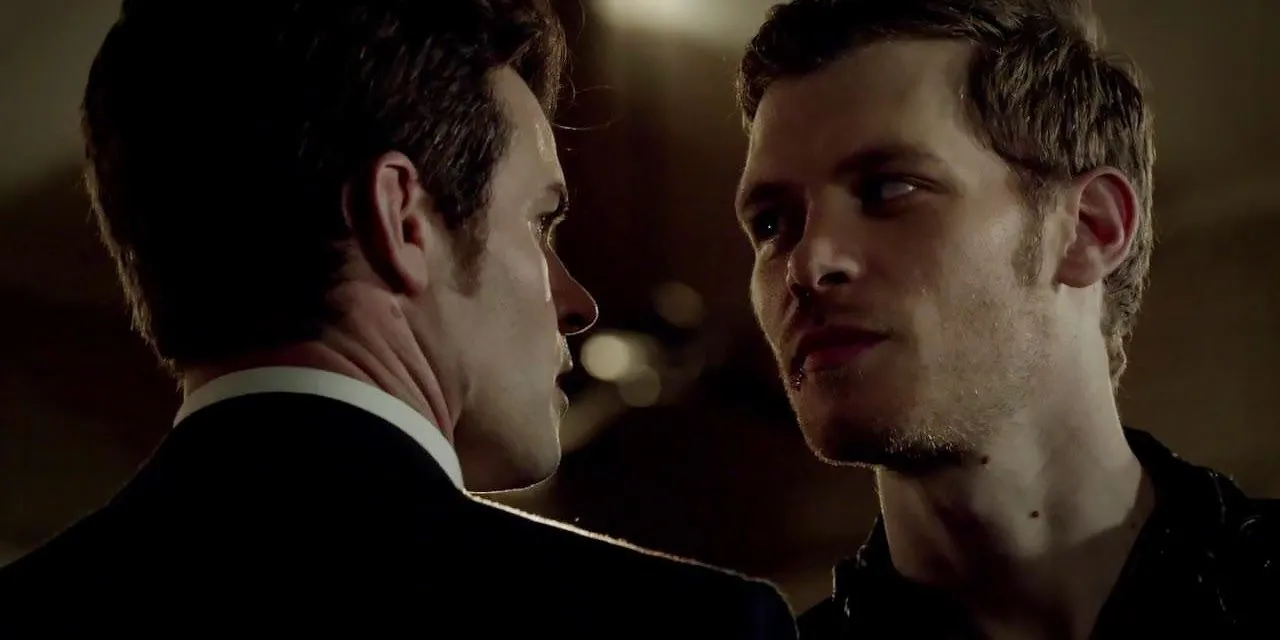
Among all the characters in both The Vampire Diaries and its subsequent spin-offs, no relationship rivals the complexity shared between Klaus and Elijah Mikaelson. This is particularly noteworthy given the engrossing romances, like that of Elena and Damon, and the intricate dynamics among the Mikaelson siblings. The centuries they’ve spent together create a bond that is unparalleled, shifting between deep loyalty, trust, and fierce rivalry.
Over the years, the brothers oscillated between brotherly affection and outright enmity, often finding themselves at odds, even attempting to end each other’s lives. They recognized that their bond was both a source of strength and vulnerability, leading to some of the most intense moments throughout both The Vampire Diaries and its offshoots, such as when Klaus aimed to kill Elijah in his quest for dominion over New Orleans.
In this context, the deaths of Klaus and Elijah in The Originals felt particularly poignant. Although Klaus was on the cusp of achieving redemption, Elijah had witnessed these transformations before; they both understood that reverting to their old patterns was inevitable if they did not end their cycle of turmoil, thus leading them to embrace death together.
Are Klaus and Elijah Featured in Legacies?
Hope’s Journey in Legacies Following Her Father’s Death
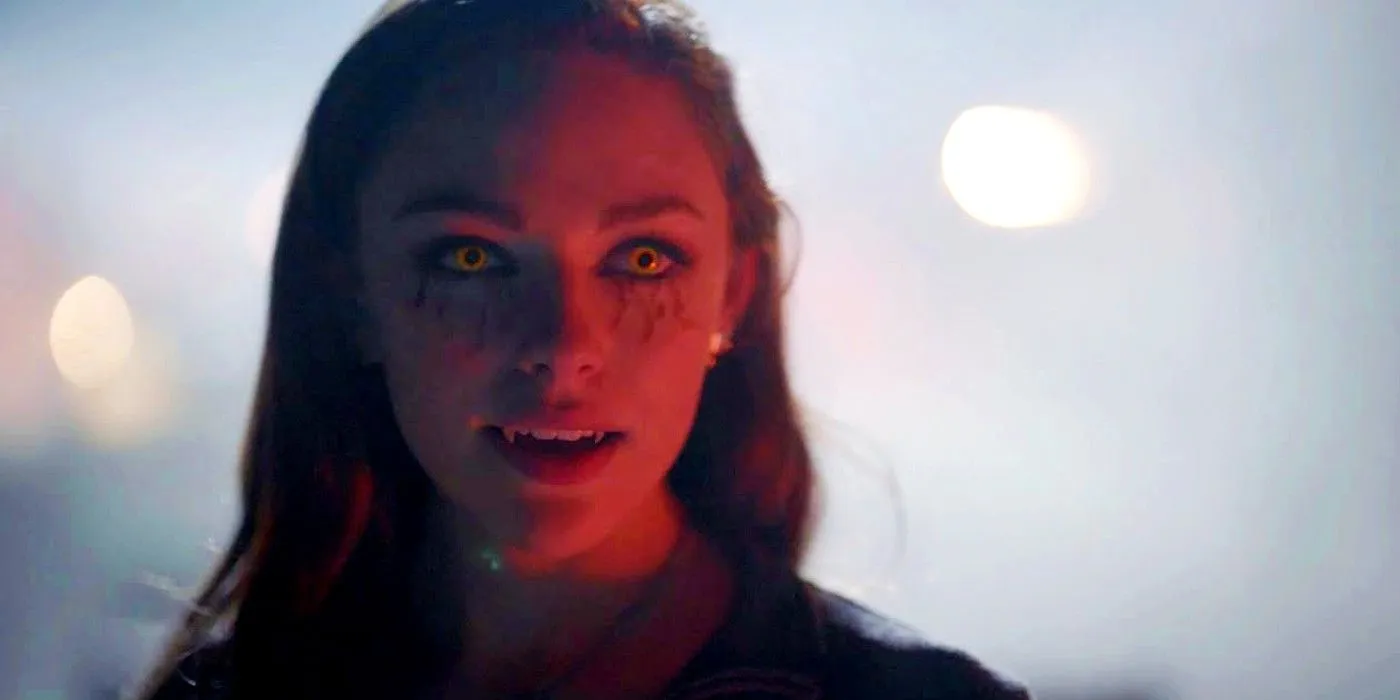
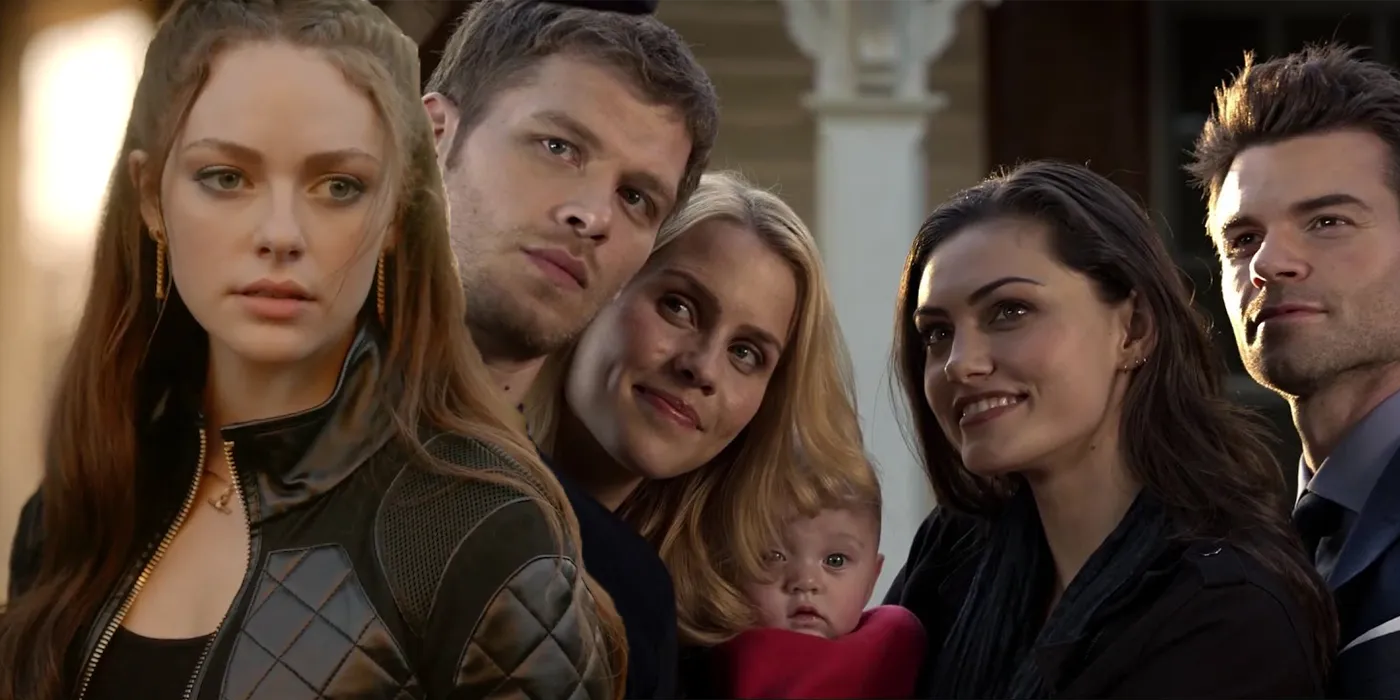
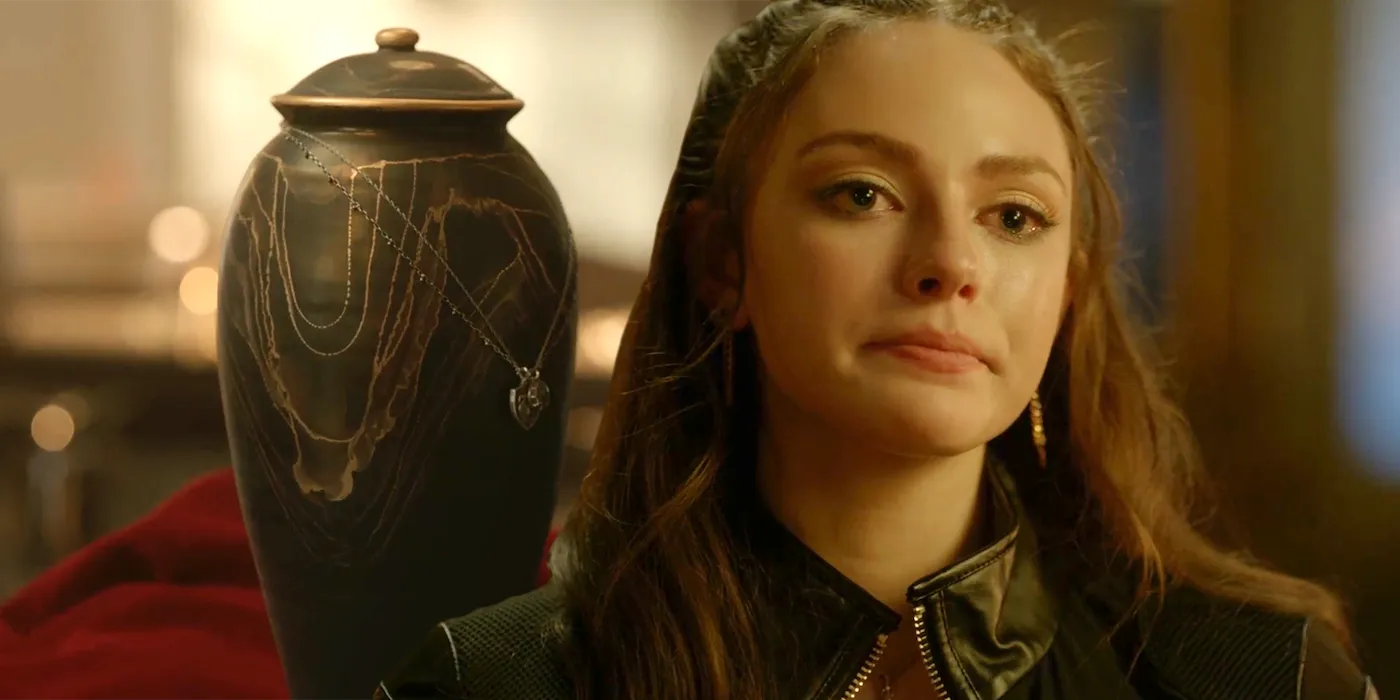
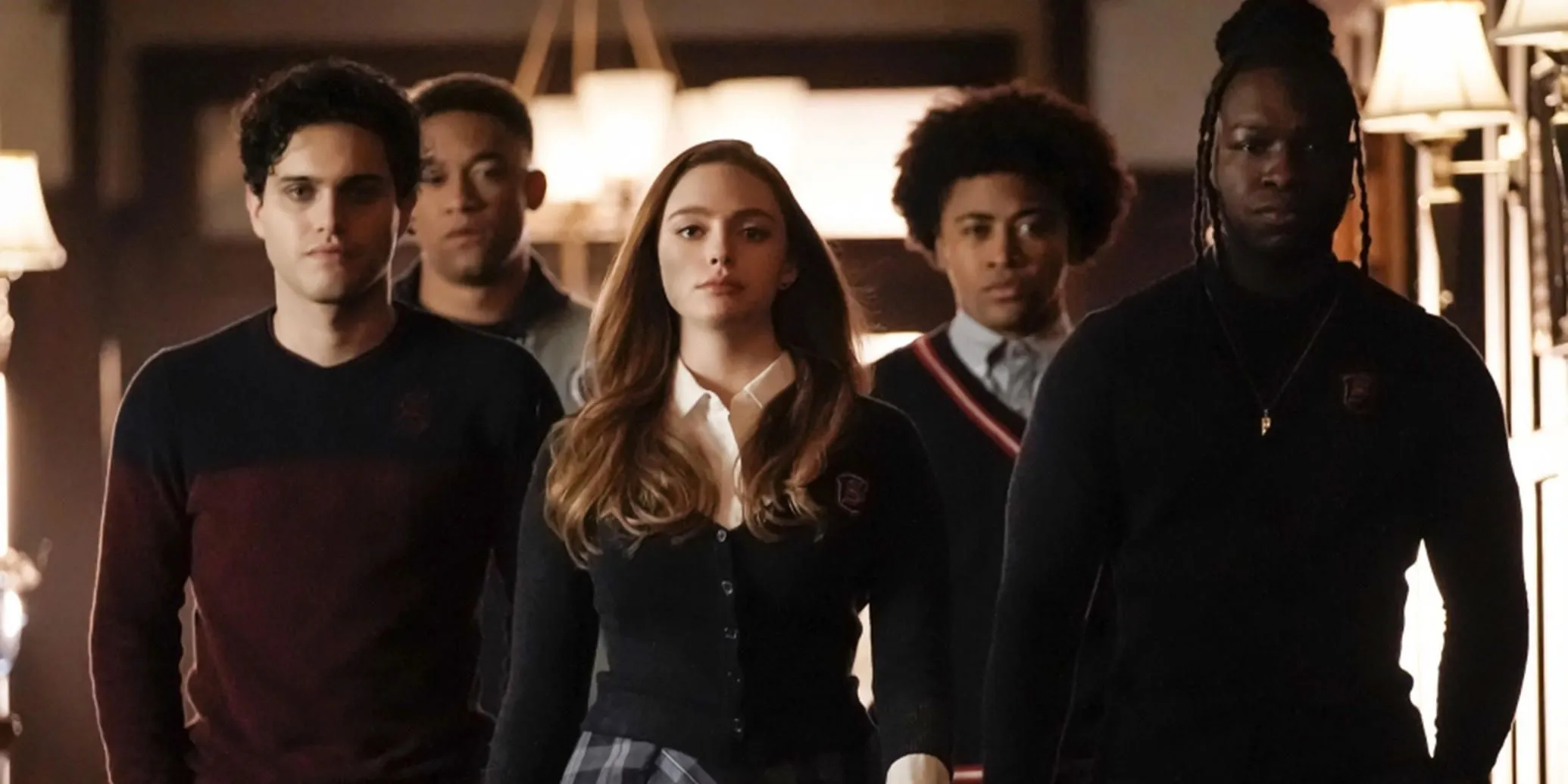
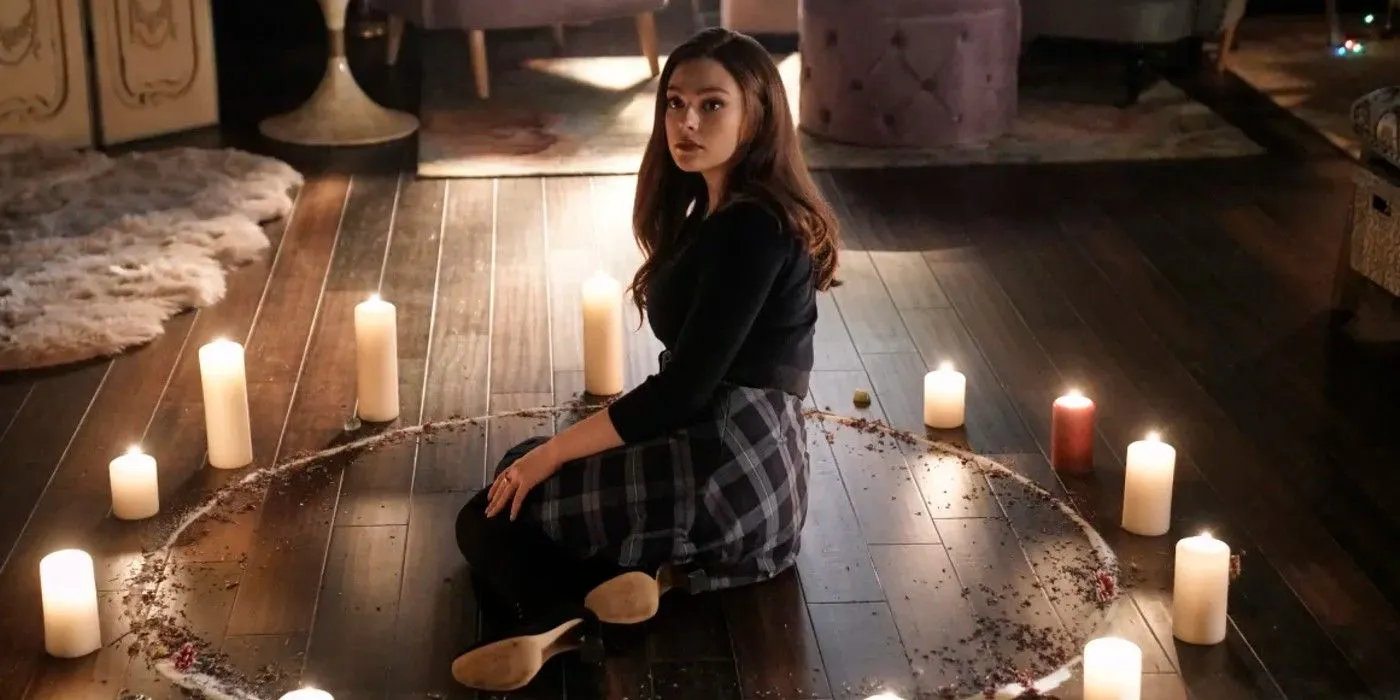
While Klaus and Elijah do not appear together in Legacies, Klaus does make a notable appearance in the series finale. Throughout the series, Klaus is frequently referenced, and it is suggested that his spirit lingers until his ashes are honored in Mystic Falls, as highlighted in season 4, episode 15, titled “Everything That Can Be Lost May Also Be Found,”during which Hope’s family gathers for Klaus Mikaelson’s funeral.
Despite anticipation for both brothers to return, only Klaus, portrayed by Joseph Morgan, reappeared briefly. In the series finale, Hope receives a heartfelt message from Klaus, relayed through Landon, which plays out on a projector. Seeing her father at peace, he shares touching sentiments about their bond, her journey, and reassures her despite any decisions she might face, stating that she will always be his “peace,”affectionately referring to her as “My dearest Hope, my littlest wolf, my miracle child.”
The idea of Klaus and Elijah reuniting in Legacies was indeed captivating, but the spin-off focused on Hope and her struggles with survivor’s guilt following her father’s passing. The conclusion of Legacies wrapped up Klaus’ extensive redemption narrative as he affirms his love for his daughter, reinforcing that regardless of her actions marked by her guilt, he will always cherish her from the afterlife, echoing “Always and forever.”
Klaus’ character arc concluded on a high note, showcasing his realization that, despite his many regrets, Hope was never one of them.
Klaus: The Best Character Arc in The Vampire Diaries Franchise
Klaus’ Genuine Growth and Transformation
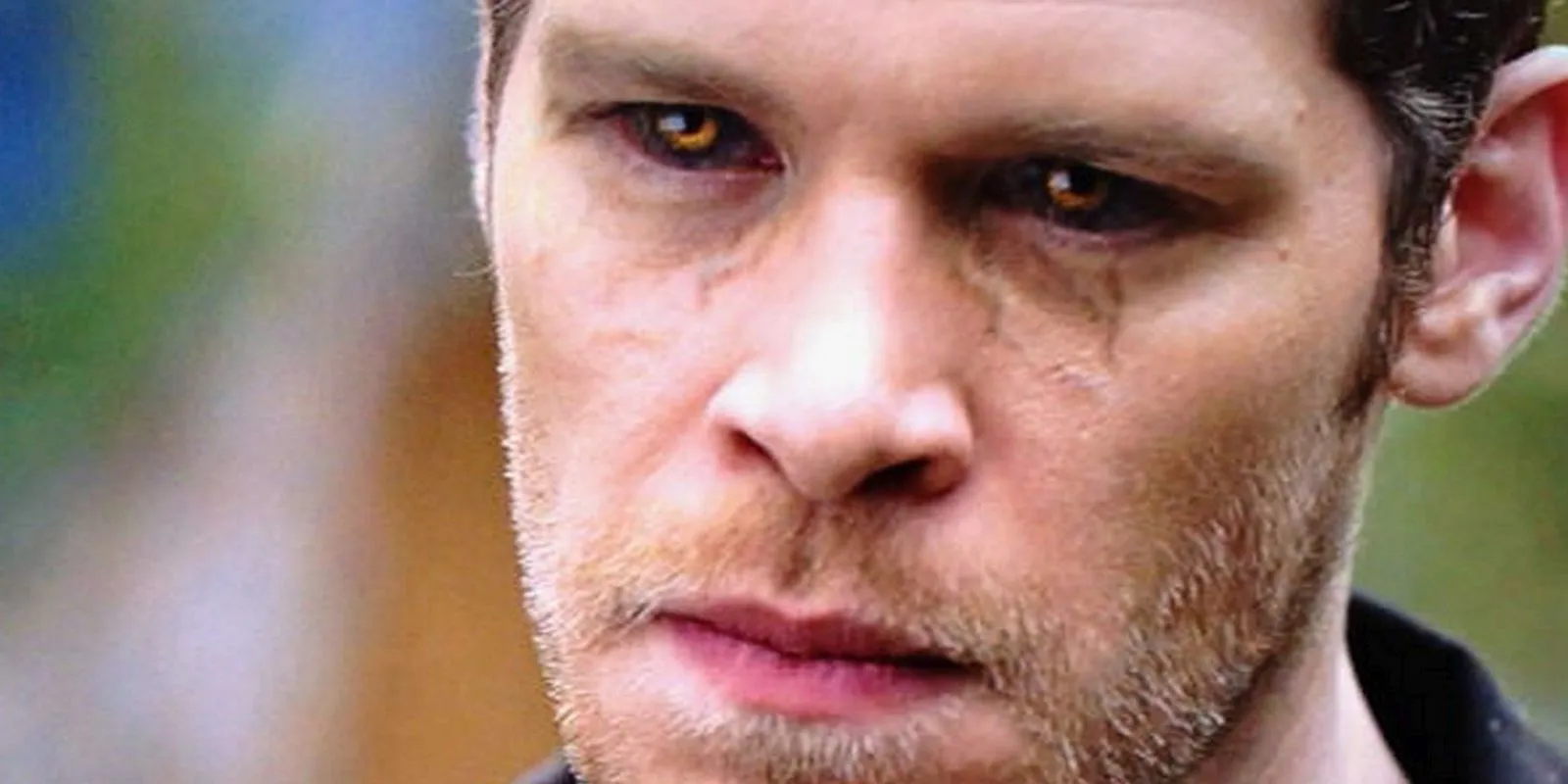
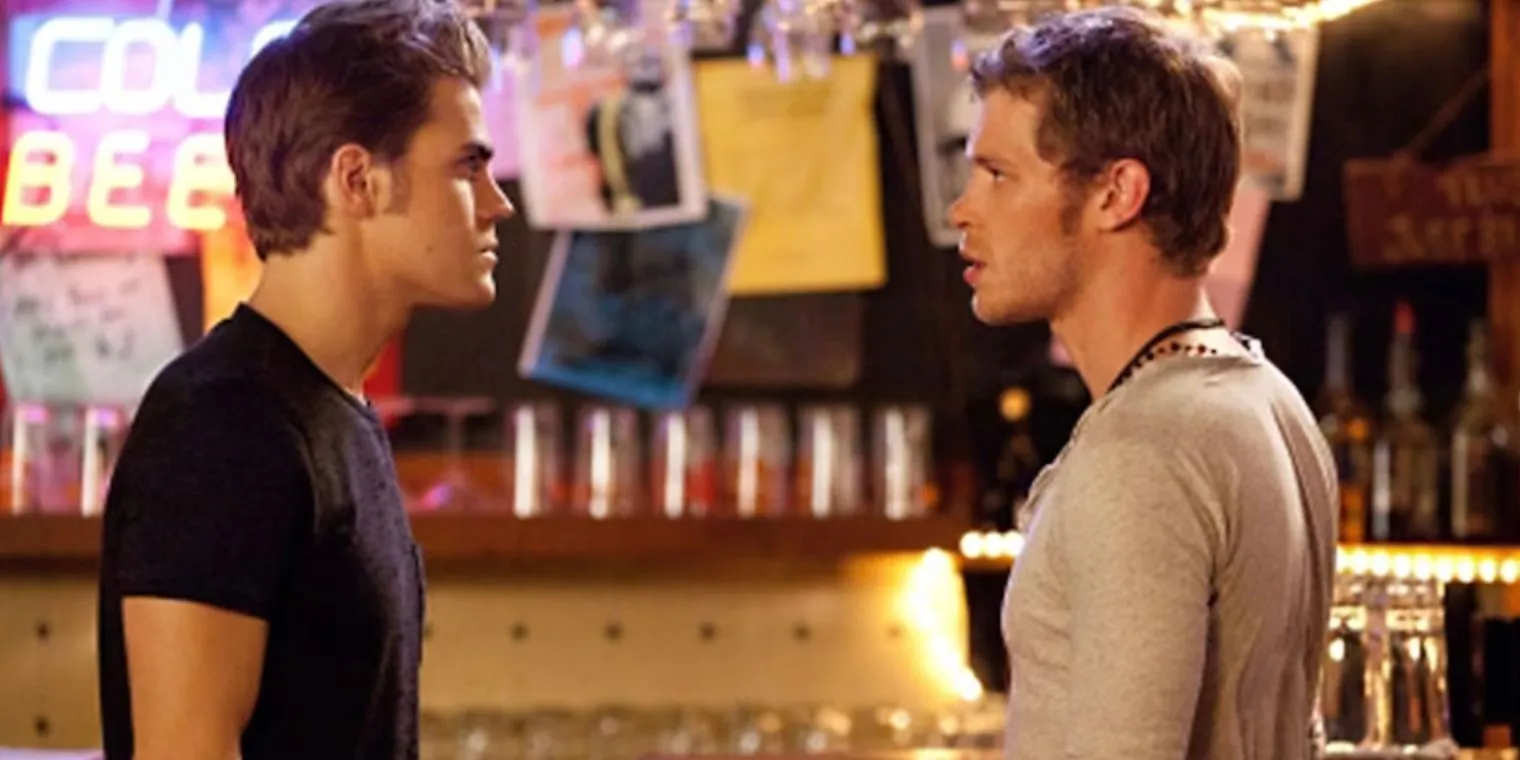
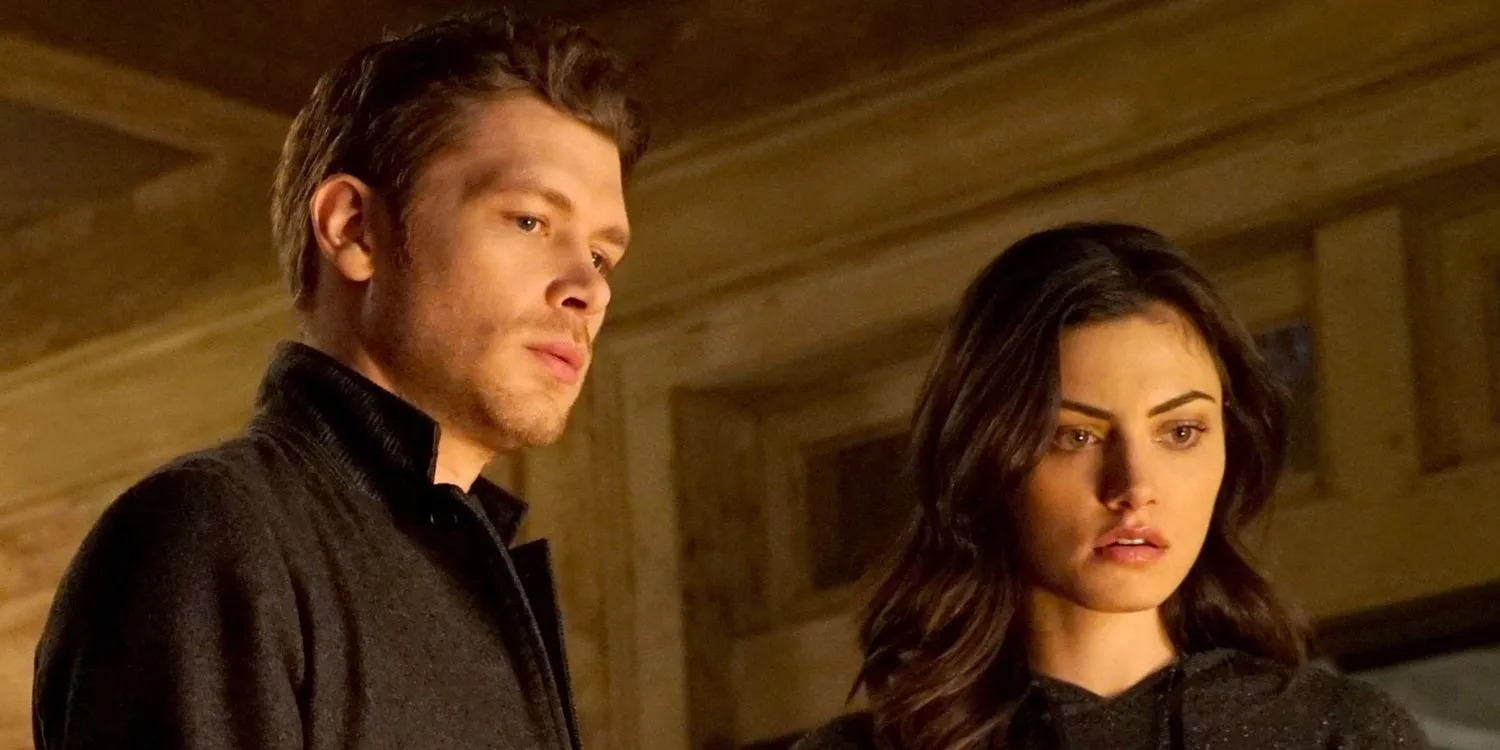
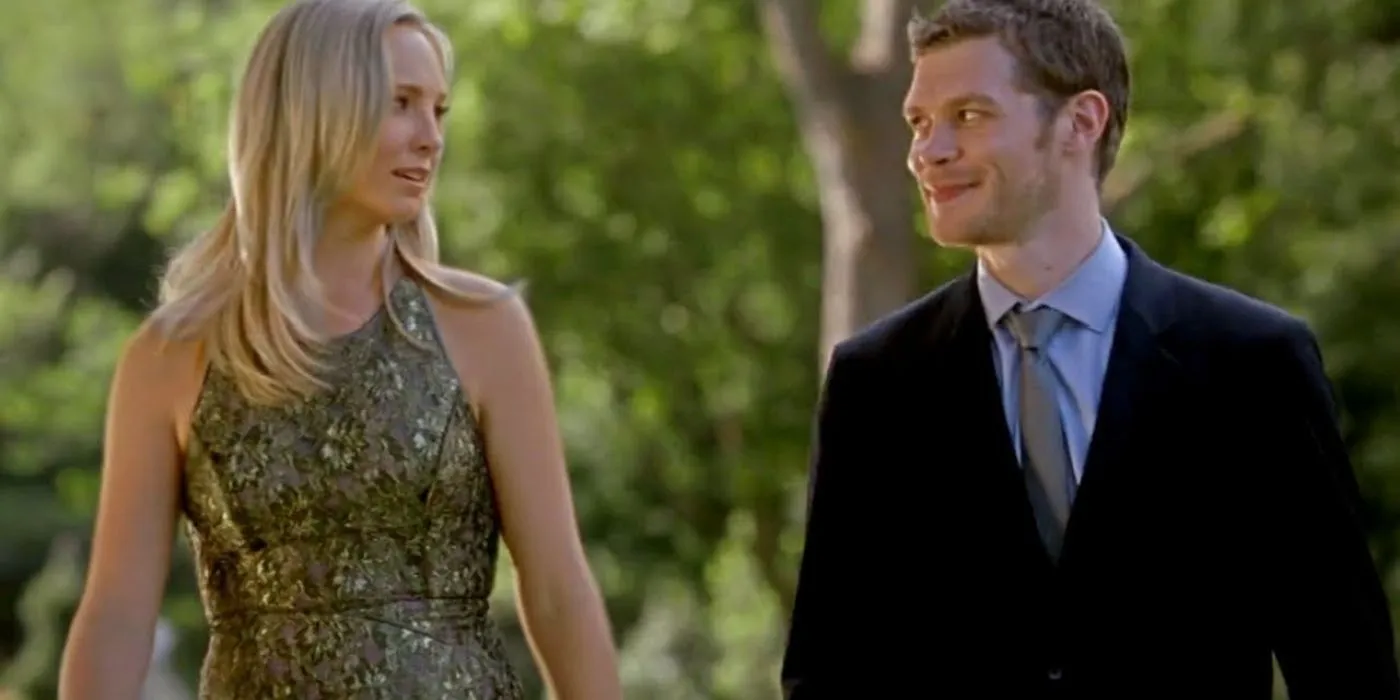
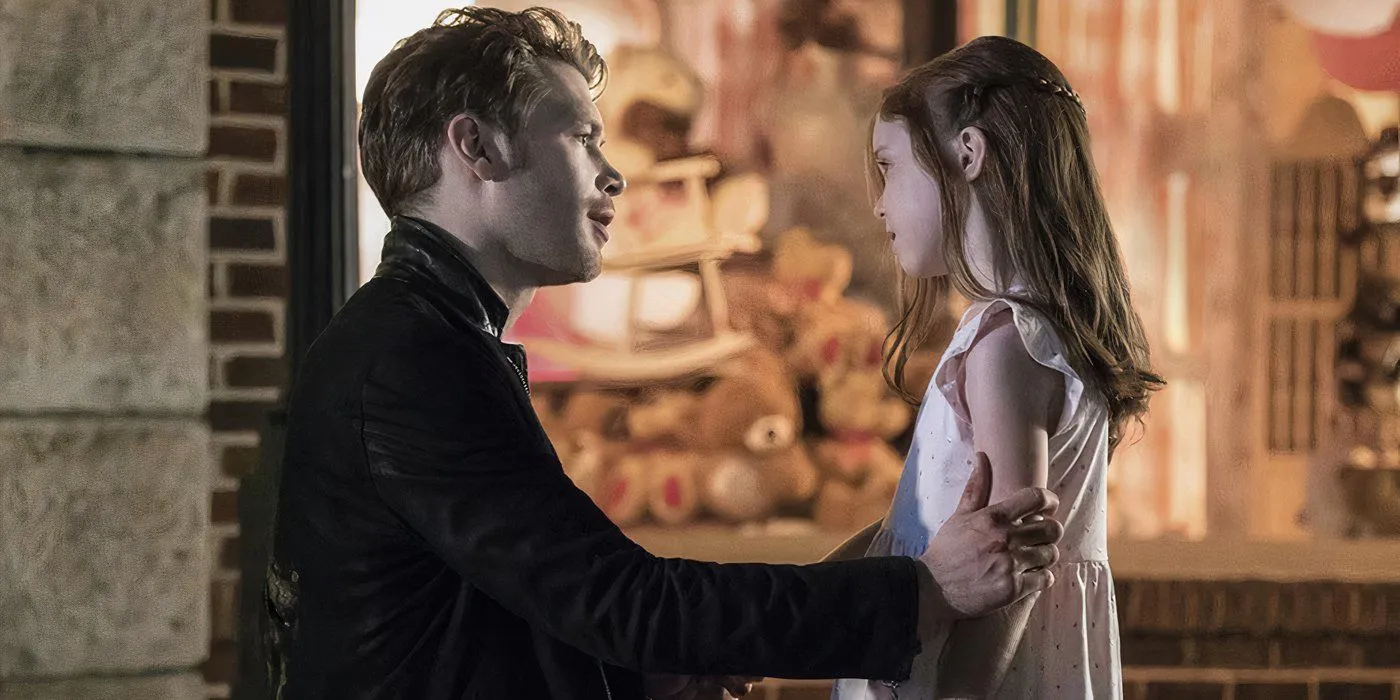
The deaths of Klaus and Elijah in the finale of The Originals may not herald the end of the Vampire Diaries franchise, especially with Legacies continuing to explore the life of Klaus’ daughter and her friends in Mystic Falls. Nevertheless, their deaths signified the closure of an immensely compelling character arc with Klaus at the center.
Klaus began his journey as a self-centered individual who was quick to resort to violence, leaving destruction in his wake. His focus on controlling situations meant little regard for anyone else, epitomizing the villainous nature he showcased in The Vampire Diaries, where he was instrumental in enabling Stefan’s darker impulses.
Although Klaus maintained a propensity for violence throughout the series, there were clear signs of his evolution. Interactions with characters like Caroline, reconciling with his siblings, and the birth of his daughter played pivotal roles in humanizing him. He shifted from being a catalyst for conflict to becoming a protector for those he loved, illustrating a capacity for goodness, even amidst his darker nature.
This transformation endeared Klaus to audiences as he began to act on behalf of others rather than solely for selfish gain. Klaus gradually emerged as a character willing to stand against the darkness rather than perpetuate it. His choice to sacrifice himself for those he cherished is a testament to his growth, earning him recognition as the most compelling character arc in the entire Vampire Diaries franchise.

Leave a Reply